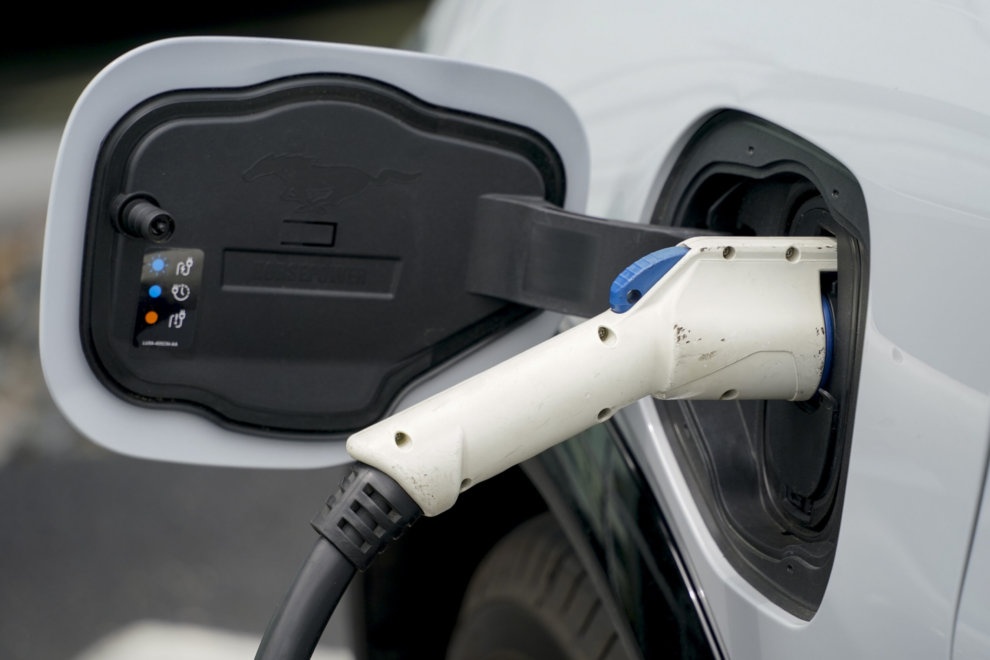Electric vehicle ownership has decreased in Texas from 2021 to 2023, with many Texans concerned about scant access to charging stations and high purchase cost, according to a new survey from the University of Houston and Texas Southern University. However, in Texas as well as nationwide, acceptance of electric vehicles is gradually increasing.
Only 5.1 percent of Texans surveyed currently drive an electric vehicle, compared to 8 percent in 2021. However, 60 percent of those surveyed indicated they would not consider purchasing an electric car, down from 63 percent in 2021.
Of those who said they would not purchase an electric vehicle, nearly half cited scarcity of charging stations as the main reason. While there are over 12,000 gas pumps in the state of Texas, there are only around 2,900 electric vehicle charging stations, making owning an electric vehicle particularly difficult in more rural areas with a dearth of charging locations.
“We found acceptance levels of electric cars tend to differ according to respondents’ ethnicity, income, political affiliation and generation,” said Pablo Pinto, director of the Center for Public Policy at the University of Houston’s Hobby School of Public Affairs.
For example, the state’s highest earners – those with a household income of $80,000 or more – are significantly more likely than other income groups to consider purchasing an electric vehicle. Just under 40 percent of respondents in the highest income group said they were likely to consider purchasing an electric vehicle in the future.
Millennial and Gen-Z respondents were also more likely to say they are likely to consider purchasing an electric vehicle than their older counterparts.
“The key to making EVs more attractive is making them cheaper,” Pinto said in an email. “They could be on par with gas-fueled cars and incentivized with public rebates.”
Pinto also said improved charging infrastructure in public and at home as well as increasing the driving range of one charge could help encourage consumers to choose electric vehicles, which could have a significant environmental benefit. Nationwide, the transportation sector produces 29 percent of greenhouse gas emissions. Houston’s numbers dwarf even the nationwide average, with transportation producing 47 percent of the region’s greenhouse emissions, according to Air Alliance Houston.
However, the Texas legislature just raised the already high cost of buying an electric vehicle. During this year’s legislative session, the state of Texas imposed a new $200 tax on new electric vehicle owners, in addition to a new registration fee of $400. Legislators say it is to offset the tax revenue lost from gasoline sales.
Meanwhile, TxDOT laid out a plan in 2022 for placing an electric charging station every 50 to 70 miles, though no timeline for the project has been released.
Source: Houston Public Media










